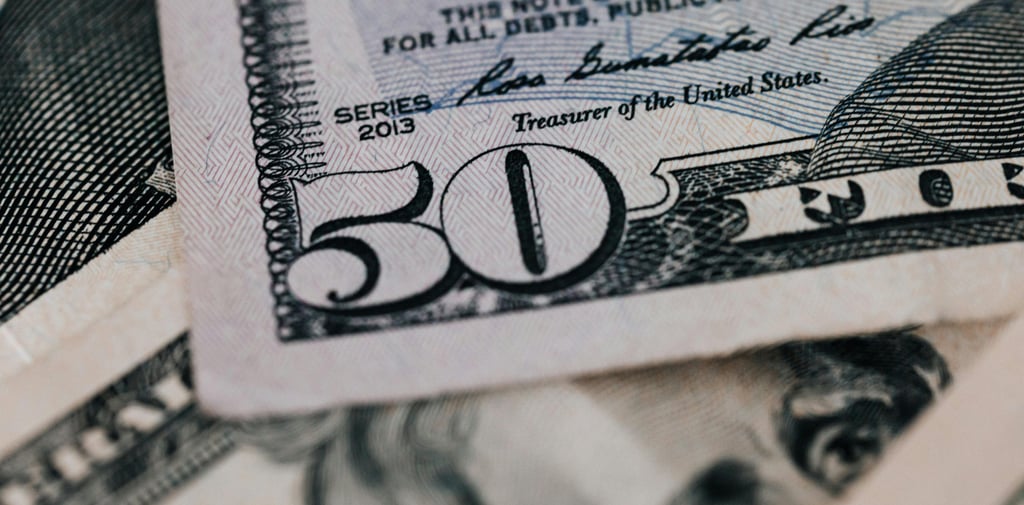Redefining Value After a UN Career
Naima Tahir | Strategic Resilience Specialist.
9/12/20252 min read


The UN package sets a standard that the outside world rarely matches. So, what really happens when you step out?
One of the hardest adjustments after leaving the UN is not just about finding a new job, it’s about re-learning how to manage your relationship with money.
For many who worked with the UN, whether as national staff or international staff, the financial package was far more than a salary. It provided stability, allowances, benefits, and a lifestyle that is very difficult to replicate elsewhere. Over time, it becomes a golden cage. You might feel unhappy in your role, or even burnt out, yet the thought of leaving feels impossible because the financial security is so strong.
The challenge comes when that chapter ends. Suddenly, you are confronted with a reality where salaries are often half, or even a quarter, of what you were used to. This shift is not only financial, it is psychological. Accepting a job that pays far less can feel like lowering your worth, even though it is not. It is simply the reality of the job market outside the UN bubble.
What makes this even harder is how spending patterns from UN life linger. While working in demanding roles, often in hardship duty stations, many of us compensated through lifestyle choices: better clothes, the latest electronics, frequent travel, international schools for children, or even investments in land and property. These decisions felt deserved, because they were. Yet they also shaped a mindset that is difficult to adjust once the higher income stops.
This is where awareness becomes critical. Adjusting after the UN means taking an honest look at what can be sustained and what must change. It requires conversations with dependents and family about financial reality. It means cutting expenses, as a step toward aligning with a new normal. The emotional weight of this is real, especially when peers or relatives still expect you to live at the same level you once did.
Life after the UN, then, is more about transformation. It asks us to break free from patterns that once defined our relationship with money and to build a healthier, more sustainable approach. Adjustment takes time, and it is mentally demandingو but it also opens the door to redefining value in work and life beyond just the financial package.
Awareness is the first step. Acceptance is the second. Together, they create the path toward financial stability and peace of mind after the UN